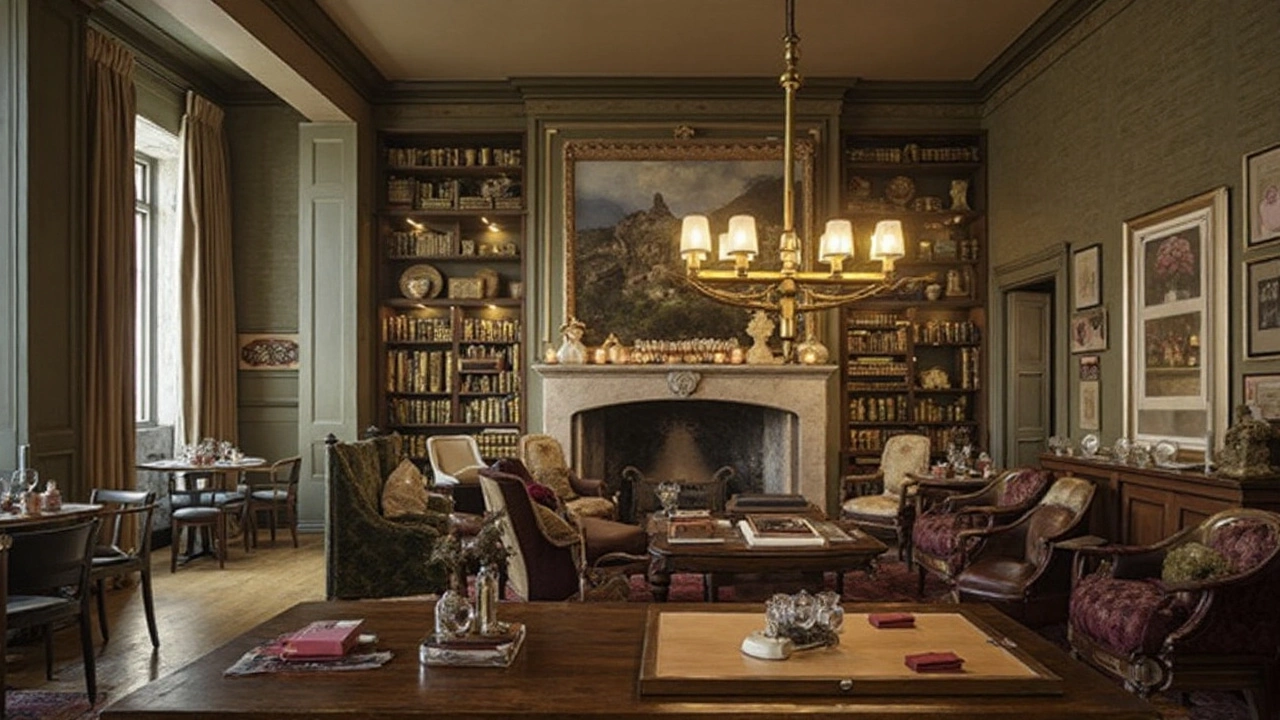Boutique Accommodation – Your Guide to Unique Stays
When you hear "boutique accommodation" you probably picture a cosy building with character, personal service and a design that feels intentional. It’s not just a smaller hotel – it’s a place that tells a story and makes you feel like the only guest. Below we break down why these spots are worth the extra thought and how you can track down the best ones for your next getaway.
What Makes a Boutique Spot Different?
First off, boutique places usually have fewer than 100 rooms. That size lets owners focus on details – from hand‑picked artwork on the walls to a local‑sourced breakfast menu. Unlike chain hotels that aim for uniformity, each boutique has its own vibe, often tied to the neighbourhood or region. Think a seaside inn with nautical décor or a mountain lodge that uses reclaimed timber.
Service is another big factor. Staff often know regular guests by name, and they’ll go the extra mile to suggest hidden gems, book a table at a local café, or arrange a custom activity. Because the property is smaller, the check‑in process tends to be quicker and more personal.
Design matters, too. Many boutique hotels work with interior designers to create a cohesive look that blends modern comfort with local heritage. You’ll see things like original brick walls, vintage light fixtures, or even a garden that doubles as a private lounge.
Finding the Best Boutique Places in the UK
Start with a quick online search for “boutique hotels UK” and add your destination – for example, “boutique accommodation Cornwall”. Look for sites that list “hand‑picked hotels” or “unique stays”. These collections usually vet each property for design, service and location.
Trip‑review platforms can also help. Filter results by the number of rooms or by guest ratings that mention “character” and “personal service”. When you see a property highlighted for its “boutique vibe”, read a few recent reviews – they’ll give you a feel for whether the experience lives up to the hype.
Don’t forget to check the hotel’s own website. Boutique spots love to showcase their story, so you’ll often find a “Our Story” or “Meet the Team” page that explains the inspiration behind the design and the local connections they’ve built.
If you’re traveling for a specific activity – like a wine tour in Kent or a hiking trip in the Lake District – look for boutique accommodations that specialize in that niche. Many offer tailored packages, such as guided walks, tasting sessions or private cooking classes.
Lastly, consider the price. Boutique rooms can be a little pricier than standard chain rooms, but you’re paying for the extra personality and service. Look for off‑peak deals or packages that bundle meals and activities – they often give the best value.
In short, boutique accommodation blends style, service and a sense of place. By focusing on the details that matter to you – whether it’s design, local food or a friendly host – you’ll turn a simple night’s stay into a memorable part of your travel story.
What Is a Boutique Hotel? Meaning, Features, and How to Choose
Plain-English explainer of boutique hotels: definition, what to expect, how to tell real boutiques from ‘lifestyle’ chains, with checklists, examples, and booking tips.
